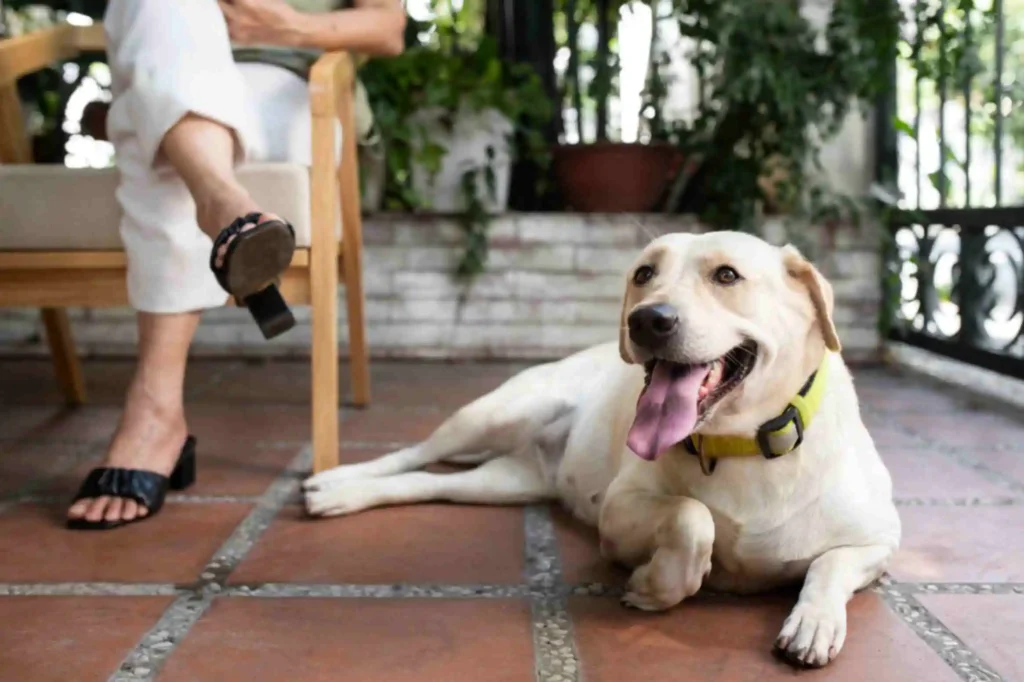When it comes to maintaining a pest-free home, pet owners often have extra concerns about the safety and well-being of their furry friends. Pest control Dubai is essential for keeping unwanted critters at bay, but it’s crucial to consider how these treatments might affect your pets. In this blog, we’ll explore the effects of pest control on pets, including potential risks, safety precautions, and alternative solutions. We ensure both your home and your pets remain safe and healthy.
Understanding Pest Control Methods
Pest control involves various methods to eliminate pests, including:
- Chemical Treatments: These involve the use of pesticides or insecticides to kill pests. They can be applied as sprays, baits, or foggers.
- Mechanical Treatments: These include traps and barriers that physically remove or block pests.
- Biological Treatments: These use natural predators or parasites to control pest populations.
- Integrated Pest Management (IPM): A holistic approach combining multiple methods to manage pests effectively while minimizing risks to humans and pets.
Each method has its own set of benefits and potential impacts on pets. Understanding these can help you make informed decisions about pest control in your home.
Potential Risks of Chemical Pest Control
Chemical pest control products are effective but can pose risks to pets if not used correctly:
- Toxicity: Many pesticides contain chemicals that can be toxic to pets if ingested, inhaled, or if they come into contact with their skin. Symptoms of pesticide poisoning in pets can include drooling, vomiting, diarrhea, and lethargy.
- Residues: Even after treatment, residues from chemical pesticides can remain on surfaces and be transferred to pets through contact. This can lead to accidental ingestion or skin irritation.
- Behavioral Changes: Pets exposed to certain chemicals may exhibit changes in behavior, such as increased anxiety or lethargy, due to discomfort or chemical exposure.
Safety Precautions for Pet Owners
To minimize the risks associated with chemical pest control, consider the following safety precautions:
- Choose Pet-Safe Products: Look for pest control products that are labeled as safe for pets. Many companies offer pet-friendly options that use natural or less toxic ingredients.
- Follow Instructions Carefully: Always follow the manufacturer’s instructions for application and safety precautions. This includes ensuring that treated areas are properly ventilated and that pets are kept away during and after application.
- Allow Time for Drying: Keep pets away from treated areas until the surfaces are completely dry. This reduces the risk of them coming into contact with residues.
- Consult Your Veterinarian: Before using any pest control products, consult your veterinarian, especially if your pet has health conditions or is pregnant. They can provide guidance on the safest options for your specific situation.
- Use Alternative Methods: Consider non-chemical pest control methods, such as mechanical traps or biological controls, which pose less risk to pets.
Benefits of Integrated Pest Management (IPM)
Integrated Pest Management (IPM) is an effective approach that minimizes risks to pets while controlling pest populations:
- Holistic Approach: IPM combines multiple pest control strategies, focusing on prevention, monitoring, and control. This reduces reliance on chemical treatments and helps manage pests in a safer way.
- Prevention Focus: IPM emphasizes preventive measures, such as sealing entry points and maintaining cleanliness, which can reduce the need for chemical treatments and lower the risk to pets.
- Targeted Treatments: IPM uses targeted treatments that minimize exposure to pets by applying pest control measures only where necessary and using pet-safe products.
- Education and Awareness: IPM encourages educating pet owners about pest management and safety, ensuring that they are aware of how to protect their pets during and after treatments.
Alternative Pest Control Solutions
For pet owners concerned about chemical treatments, there are several alternative pest control solutions to consider:
- Natural Remedies: Many natural remedies can effectively repel pests without posing risks to pets. Examples include essential oils (such as lavender or peppermint) and natural diatomaceous earth.
- Professional Pest Control Services: Some pest control companies in Dubai specialize in pet-friendly treatments and can offer customized solutions that prioritize the safety of pets.
- Regular Cleaning: Maintaining a clean home can help prevent pest infestations. Regularly vacuuming, cleaning pet bedding, and removing food sources can reduce the need for chemical treatments.
- Pet-Safe Traps: For pests like rodents, consider using traps designed specifically for pet safety. These traps are designed to prevent accidental harm to pets while effectively capturing pests.
Conclusion
Pest control is essential for maintaining a healthy and comfortable living environment. But pet owners must take extra precautions to ensure the safety of their furry companions. By understanding the potential risks of chemical treatments and exploring alternative pest control solutions, you can protect your pets while effectively managing pests in your home. For those seeking professional advice and tailored pest control solutions in Dubai, contacting a reliable pest control company in Dubai can provide the expertise needed to handle pest issues safely.
For more information on pet-safe pest control solutions, contact New Star today. Our experts are here to help you keep your home pest-free while ensuring the safety of your beloved pets.

